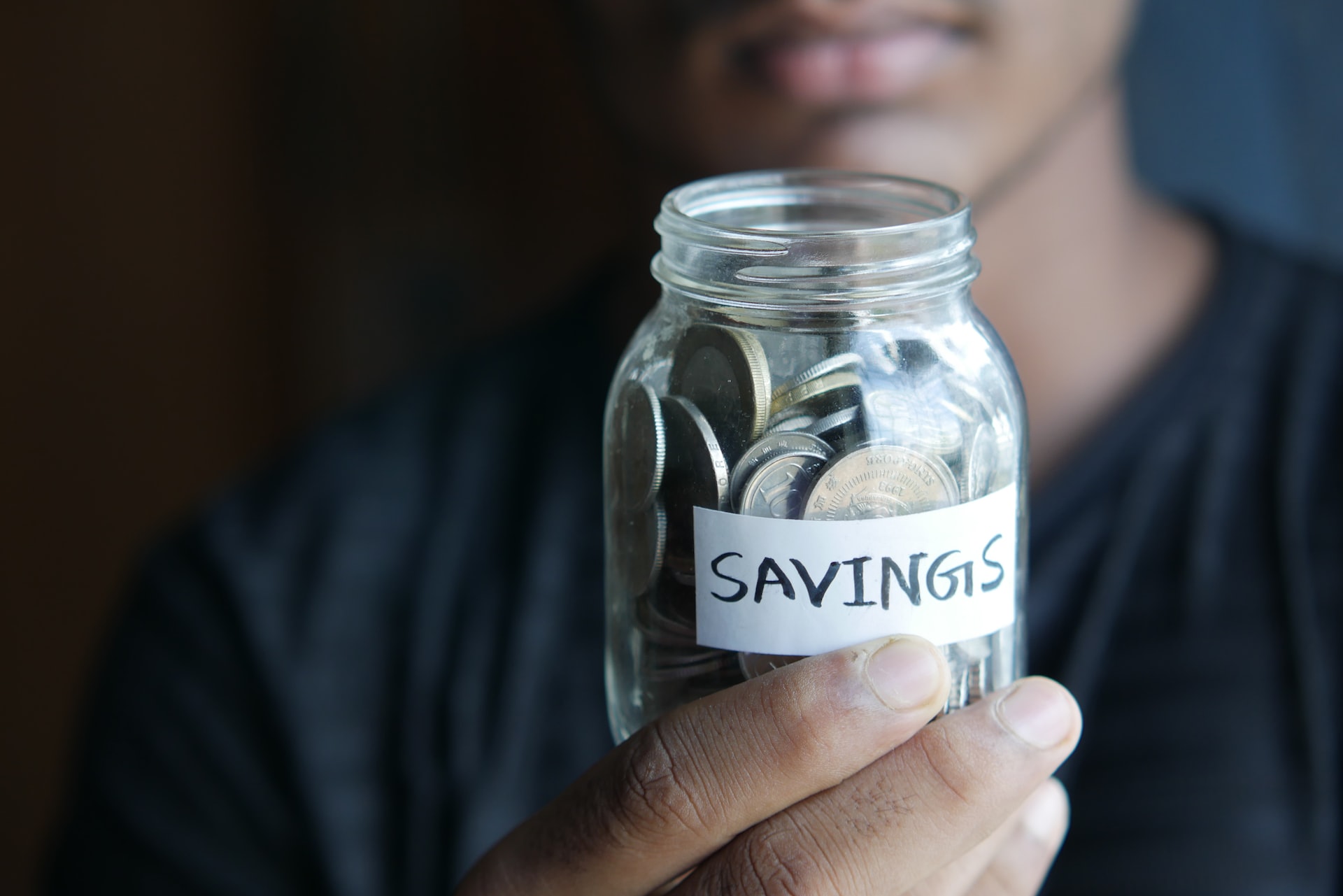According to the FDIC, more than 90% of households have at least one bank account. While a bank account lets you store money and insure your cash, creating multiple bank accounts is the better approach for your financial health. Numerous bank accounts allow you to allocate funds and stay on top of your money. For example, you can create an account for investments, vacations, and other expenses.
Few bank accounts are more important than an emergency fund. People can tap into this account during financially challenging moments in their lives. Unfortunately, some people put every penny into their emergency funds, while others do not have an account. Both of these approaches can increase your risk and result in missed opportunities. Discover how to find the right balance and allocate the right amount of funds into your emergency fund.
Reasons to Have an Emergency Fund
Most people quickly put their earnings into a bank account, but creating an extra emergency fund helps you separate emergency cash from the money you use for other purchases. While this may not sound necessary, lacking an emergency fund can leave you unprepared for unplanned events and challenges. Here are some reasons to build up your emergency fund.
Cover Sudden Expenses
You can anticipate most of your expenses. Creating a monthly budget and listing your subscriptions will reduce the likelihood of surprises. However, not every cost is predictable. Car accidents, medical conditions, and other incidents don’t announce themselves. They can happen to anyone at any time and require immediate attention. Creating an emergency fund now will give you enough resources later in case something happens. In addition, an emergency fund provides extra insurance without the monthly premiums.
Prevent Liquidation of Investments and Assets
When emergency expenses arise, some people reach into their portfolios to make large purchases. Selling assets at the right time can yield considerable gains and protect you from potential downside. However, your financial condition can also force you to sell right before a rally. It’s hard to time the market, and selling to cover emergency expenses can lead to frustration and regret.
An emergency fund creates a buffer between your portfolio’s growth and surprise expenses. As a result, you can tap into your cash position to cover the costs instead of selling valuable assets. Some people sell assets because they have concerns about the valuation, economy, and other factors. Those reasons for selling are far different from having to sell because you do not have an emergency fund in place.
Reduce the Need to Get Credit Lines
Lines of credit quickly provide you with the money you need. Borrowers can approach banks and borrow against a credit card, home equity, or another credit line. Some people view credit lines as their emergency funds, and doing so gives you more flexibility with your current money. While you get the cash you need, you also get into more debt. Credit card lines introduce double-digit interest rates, and while HELOCs aren’t as bad, it’s still an extra loan.
Getting into too much debt can create significant financial stress, especially during periods of rising interest rates. Fixed-loan rates will increase as you wait for approval, and lines of credit have variable rates. Some people take on so much debt that they struggle to make interest payments. Only paying interest prevents you from ever getting into the principal.
You can avoid this dangerous cycle with an emergency fund. If you feel bad about missing on high returns, you can put the money into a high-yield savings account.
How Much Should You Save for Your Emergency Fund?
Most people should save at least six months of expenses in their emergency funds. Your fund’s target balance depends on your lifestyle, with more affluent lifestyles requiring more emergency funds. Allocating a percentage of every paycheck to your emergency fund will help you reach this goal over time. Of course, you can’t rush to the goal, but staying committed to it while you continue earning income will help you prepare for a rainy day.
What Can You Use an Emergency Fund for?
Emergency funds are typically reserved for unforeseen financial circumstances. Most people do not use emergency funds to cover predictable monthly subscriptions. These expenses can qualify for emergency cash.
Cover Unexpected Medical Conditions
You can’t anticipate medical conditions, and getting proper care can get expensive. Medical bills are the main driver for over 60% of bankruptcies. Most people do not have emergency funds and find themselves struggling to pay expensive bills that never seem to end in the moment. An emergency fund can cushion the financial blow so you can focus on medical care.
Pay for Vehicle Repairs and Accidents
Your vehicle will need occasional repairs and check-ups as you log more miles. Some of these expenses are difficult to predict, especially accidents. You’ll need to find extra money to cover these urgent expenses. Some vehicles are unusable or hazardous until they get serviced. You won’t have several months to raise funds and can use emergency resources to cover the costs.
Fund Urgent Home Repairs
If your home needs an urgent repair, you can’t wait to accumulate cash. Some home improvements are not urgent, but if your house got flooded or got damaged in another way, repairs become essential. Some people borrow against their lines of credit to cover this expense, but that strategy increases debt and can put you in a challenging financial situation.
Pay Essential Travel Expenses
Vacations can get expensive and put you into considerable debt. Some people use their emergency funds to pay for vacation costs so they don’t have to pay interest. You can save a little bit each week and build towards a vacation goal. Some families create separate bank accounts for emergency funds and vacation expenses.
Have Extra Income If Unemployed
What would happen to your finances if you got fired tomorrow? Most people do not want to entertain that scenario, but it can happen to anyone at any moment. Despite an employee’s best efforts, the company can still lose customers and have to make difficult decisions. Storing cash for a few months of expenses can help you navigate getting fired or laid off. You will have time to find a new job without sacrificing your lifestyle.
How to Start an Emergency Fund
An emergency fund is a valuable financial resource. Most people hope to never tap into these reserves, but having them offers an extra layer of protection. You can use these strategies to accumulate emergency savings.
Set a Goal
Goal setting inspires action and gives you an end in mind. You should set an emergency fund target and a deadline. The deadline can help you calculate how much you have to save each month to achieve your target. You can adjust your weekly contributions based on the progress you make toward the target.
Know How Much You Can Set Aside
Setting unrealistic expectations for yourself can hurt your progress. People may feel discouraged as they fall behind on their goals. Instead, you should review your income and expenses to gauge how much you can invest into your emergency fund each week.
Set Up Your Savings Automatically
Not everyone stays on top of their finances, but automation makes it easy. You don’t have to remember to make weekly deposits to your emergency reserves. Some financial apps can handle the automation for you and make sure your money goes to the right accounts.
Assess Your Savings from Time to Time
Your financial picture is constantly changing. Your savings account, expenses, income, the economy, and other details do not remain stagnant. Assessing your savings gives you an idea of your progress. You can accelerate your emergency fund’s growth to cover a vacation on the horizon or add extra protection. Tracking your journey and monitoring your finances will help you make better decisions with your money.







